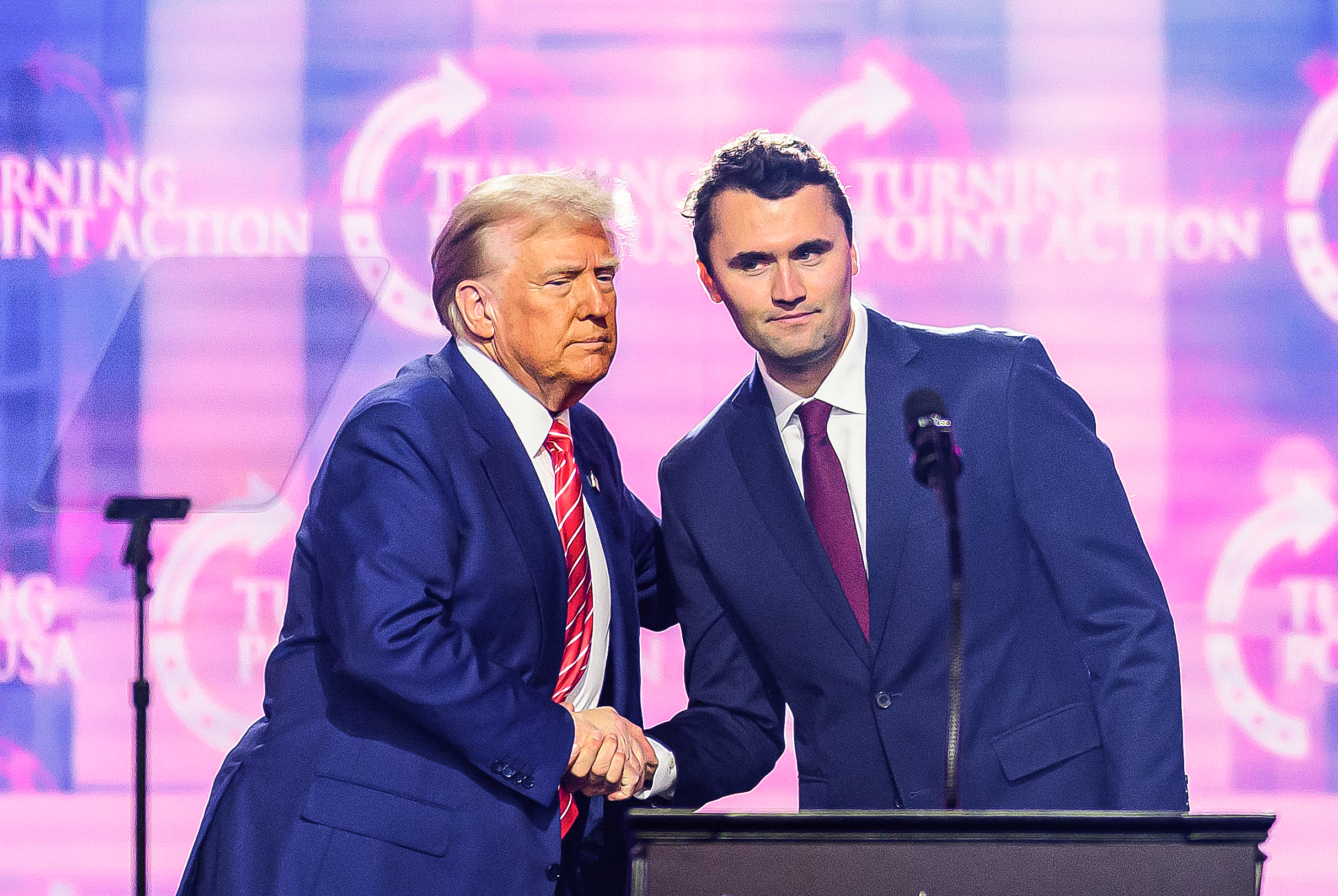The assassination of conservative activist Charlie Kirk has sent shockwaves through the American political landscape, prompting a complex national conversation that transcends simple condemnation of violence. While the overwhelming response from prominent figures across the political spectrum has been one of horror and denouncement of political extremism, a deeper, more nuanced debate is unfolding regarding Kirk’s life and legacy.
A Life Dedicated to Ideological Discourse
Kirk, known for his outspoken conservatism and his willingness to engage in often-heated public debates, cultivated a reputation for robust ideological engagement. He frequently participated in campus debates, often confronting hostile audiences with his viewpoints. Videos depicting these exchanges, including one where he discussed animal rights, showcase his commitment to open dialogue, even in the face of significant opposition. This commitment to free discourse, even with those holding radically different views, is being highlighted by some as a defining characteristic of his political approach. Proponents point to his willingness to engage in direct confrontation as a testament to his belief in the power of ideas and the importance of open debate, even in challenging environments.
The Shadow of Divisive Rhetoric
However, Kirk’s legacy is not without its critics. While his commitment to debate is undeniable, his rhetoric has also been described by many as highly divisive and inflammatory. Critics argue that his uncompromising stance and occasionally provocative language contributed to a climate of polarization, potentially fueling the very extremism that ultimately led to his death. This perspective highlights the complex relationship between free speech and the responsibility that comes with wielding influence in the public sphere. The question arises: can a legacy of robust debate be separated from the potentially harmful consequences of inflammatory rhetoric?
Navigating the Aftermath: A Nation’s Reflection
Kirk’s assassination forces a crucial national reckoning. While the condemnation of violence is universal, the discussion about his life and work reveals a deep societal divide. The ongoing debate highlights the intricate interplay between free speech, political discourse, and the responsibility of public figures to foster constructive dialogue. It compels a critical examination of the role of inflammatory rhetoric in shaping political climates and its potential to incite extremism. The aftermath of Kirk’s death serves as a stark reminder of the need for a more thoughtful, less antagonistic, approach to political engagement. It underscores the urgent need for a national conversation about how to bridge the growing chasm of political polarization and foster a more inclusive and respectful dialogue.
CONCLUSION:
The death of Charlie Kirk is undeniably tragic. It has, however, presented a valuable opportunity for introspection and a critical examination of the American political landscape. The ensuing debate regarding his legacy is a complex one, highlighting the inherent tensions between free speech, robust debate, and the potential for inflammatory rhetoric to fuel extremism. The path forward requires a commitment to fostering respectful dialogue, critically examining the narratives we consume, and actively working towards a more unified and cohesive society.
Based on materials: Vox





